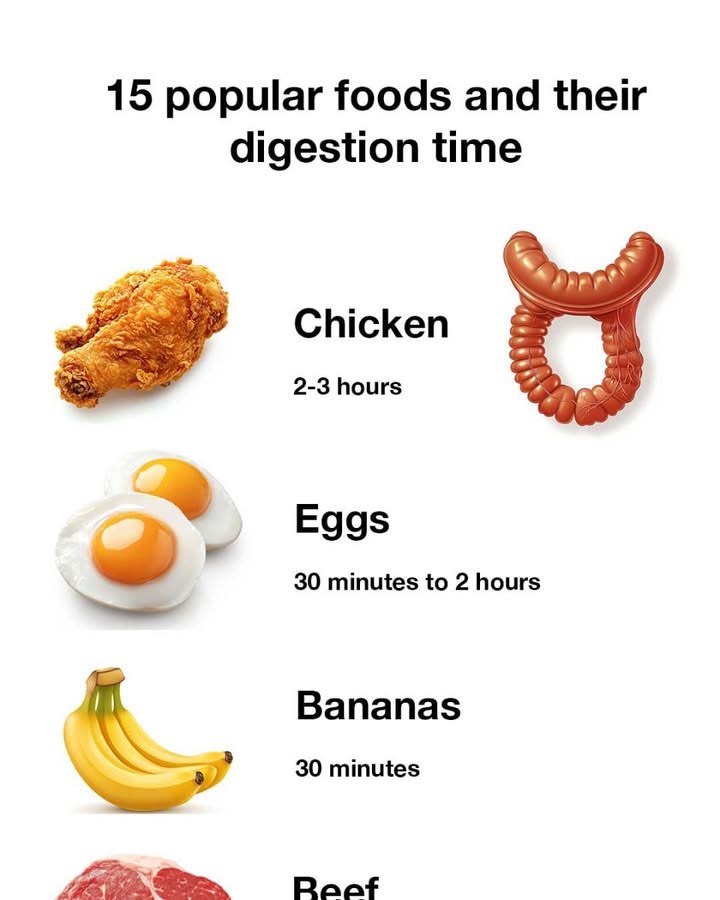8. Apples: Fiber-Packed and Refreshing
Apples are rich in dietary fiber, particularly pectin, which can slow down digestion, taking about 1 to 2 hours. The fiber in apples helps regulate bowel movements and can aid in lowering cholesterol levels. Apples are a refreshing and healthy snack option that can be enjoyed at any time of the day.
9. Brown Rice: Whole Grain and Slow-Digesting
Brown rice is a whole grain that takes about 1.5 to 2.5 hours to digest due to its fiber content and complex carbohydrates. Unlike white rice, brown rice retains its bran layer, making it a slower-digesting and more nutritious option. The fiber helps with digestion and promotes a feeling of fullness.
10. Cheese: Dairy-Based and Moderate Digestion Time
Cheese is a dairy product that takes around 2 to 5 hours to digest, depending on its fat content and hardness. Softer cheeses like mozzarella digest more quickly than hard, aged cheeses like cheddar. The combination of protein and fat in cheese slows digestion, making it a long-lasting energy source.
11. Lentils: Fiber-Rich and Protein-Packed
Lentils are high in fiber and plant-based protein, taking approximately 2 to 3 hours to digest. The fiber aids in gut health and promotes a slow release of energy. Cooking lentils thoroughly can improve digestibility, making them a great option for a filling and nutritious meal.
12. Bananas: Soft and Easy to Digest
Bananas digest quickly, usually within 30 to 60 minutes, making them an excellent source of fast energy. They contain natural sugars, potassium, and fiber, which help regulate digestion. Ripe bananas are easier to digest than unripe ones due to their higher sugar content and lower resistant starch.
13. Beef: Protein-Dense and Slow to Digest
Beef is a high-protein food that takes 3 to 5 hours to digest, depending on the cut and preparation. The dense protein and fat content require significant energy for breakdown. Leaner cuts digest slightly faster than fattier ones. Eating beef with fiber-rich vegetables can help improve digestion.
14. Spinach: Leafy Green and Quick to Digest
Spinach is a leafy green vegetable that digests within 40 to 60 minutes. It is packed with fiber, vitamins, and minerals, aiding in digestion and overall gut health. Cooking spinach can make it easier to digest, while raw spinach may take slightly longer due to its fibrous texture.
15. Almonds: Energy-Dense and Slow-Digesting
Almonds are nutrient-dense nuts that take 2 to 3 hours to digest due to their high fat and fiber content. They provide a slow and steady energy release, making them a great snack option. Soaking almonds before eating can improve digestibility by reducing antinutrients like phytic acid.
Conclusion: Balancing Your Diet for Optimal Digestion
Understanding the digestion times of various foods can help you create a balanced diet that supports optimal digestive health. By combining foods with different digestion times, you can maintain steady energy levels and avoid digestive discomfort. Prioritizing a diet rich in fiber, lean proteins, and healthy fats, while staying hydrated, can promote efficient digestion and overall well-being. Remember to listen to your body’s signals and adjust your diet as needed to support your unique digestive needs.

